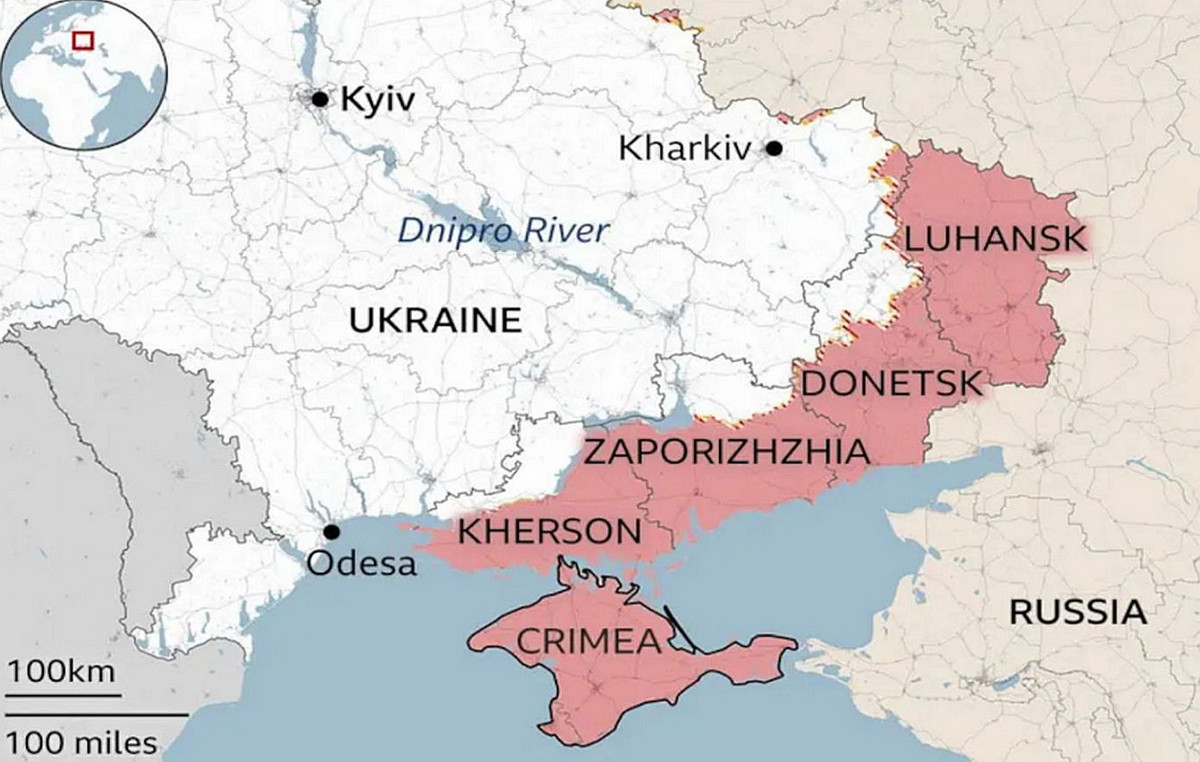A campaign in support of Pedro, son of indigenous rights activist Bruno Pereira and anthropologist Beatriz de Almeida Matos, mobilized thousands of donors earlier this year. The goal was to raise R$2 million to buy the medicine. Qarziba (betadinutuximab), indicated to treat an aggressive type of cancer called neuroblastoma . The “crowdfunding” was successful and the boy, then 5 years old, had access to therapy.
Pedro’s case is an exception and obtaining the medicine continues to be a challenge, but this may change in the coming months, with the new opinion of the National Commission for the Incorporation of Technologies into the Unified Health System (Conitec) on the medicine.
“The committee’s recommendation is that the technology be incorporated into the SUS, if the manufacturing company maintains the discount offered for evaluation for sale to the government,” says the Ministry of Health. “The high cost of treatment is a challenge for several countries, which understand the importance of providing access to therapy for children facing the disease,” it adds.
The pharmaceutical laboratory Recordati, responsible for Qarziba, had previously requested inclusion, but the decision was denied due to the high cost. Now, with the offer of a discount, Conitec is in favor of making the treatment available in the public health system and its position will be analyzed by the Ministry of Health, which is responsible for the final decision. The ministry estimates that around 55 patients will be included per year.
Mobilization
Before the Conitec meeting, Beatriz and Laira Inácio, founder of the Anaju Institute, which provides assistance to children with cancer and rare diseases, had a meeting with the Minister of Health, Nísia Trindade, to discuss the possibility of providing the medicine through the SUS.
“Next Thursday, the 5th, this topic will be discussed again at Conitec, and we need to join forces to pressure the government to ensure that this vital medicine is accessible to all children who need it,” they wrote after the meeting at the ministry.
“Qarziba can be the hope for many families facing childhood cancer. We cannot allow bureaucracy to be an obstacle to the lives of these children. Now, more than ever, we count on everyone’s support to make our voices heard!” they added in the Instagram post in which they comment on the meeting and present the testimonies of children with neuroblastoma.
Neuroblastoma
According to the National Cancer Institute (INCA), neuroblastoma is a cancer that mainly affects children under 10 years of age, including newborns and infants. “The disease generally appears in the adrenal glands, located in the upper part of the kidney, and normally leads to an increase in the size of the abdomen,” it reports.
Currently, treatment can include chemotherapy, surgery, radiotherapy and bone marrow transplant. With Qarziba, immunotherapy would also be included in this list.
“Qarziba is an immunotherapy, that is, a type of protein that, when connecting with tumor cells, activates the person’s immune system to destroy these cells,” explains the Ministry of Health. “In the evidence analyzed, it demonstrated the potential to increase survival expectancy by 34% and the chance of remission by 29%.
New social network offers support to parents who have lost children to cancer
This content was originally published in Childhood cancer: R$2 million medicine could be made available in the SUS on the CNN Brasil website.
Source: CNN Brasil
I am an experienced journalist and writer with a career in the news industry. My focus is on covering Top News stories for World Stock Market, where I provide comprehensive analysis and commentary on markets around the world. I have expertise in writing both long-form articles and shorter pieces that deliver timely, relevant updates to readers.







